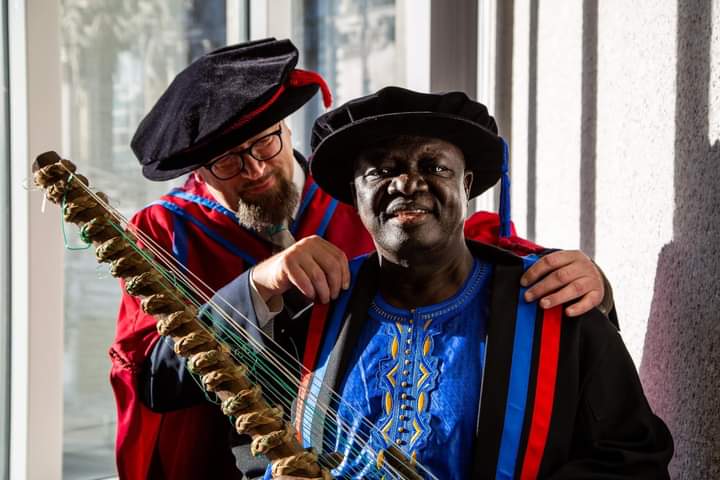“A society that has been denied the ability to tell and understand its history is doomed.” Musa Saidykhan
The local history of different regions in the Gambia is mostly contentious but the story needs to be told. It is in this regard that a lecturer of the University of the Gambia has embarked on a fact-finding mission in a bid to extract the chaff from wind. Ensa Touray digs into this contentious history of Kombo with maturity and respect.
In this embedded video, Mr. Touray provided the opportunity to different local community leaders so they narrate what had been handed to them by their ancestors and their pattern of migration.
What is evident from the documentary is that, Kombo was owned first by the Bainunkas, who were later driven out by the Mandinkas. Bainunkas then settled in Foni. The early inhabitants of Kombo and Foni have been proven to be Bainunkas and not Jolas as some wanted to make us believe. The late United Democratic Party opposition politician of blessed memory made similar remarks shortly before his untimely death. Momodou Lamin Syngle Nyassi, whose family is among the early settlers in Foni Kansala district, explained how the Jolas elbowed out Bainunkas in Foni before spreading out their tentacles in the area that is bordered by Kiang, Kombo and southern Senegal.
The Bainunka narrators in Ensa Touray’s televised documentary revealed an interesting secret when they stated that “any Foni village with a prefix Kan was founded by Bainunkas.” In this case it is confirmed that villages like Kan Fenda, Kanilai, Kan Mamudou, Kan Panti and all the Kan villages in Foni were first inhabited by Bainunkas.
We hope that GRTS will allocate more airtime on vital historical accounts like this and avoid editing them heavily so they give airtime to other unimportant programs. The edition of Kansala can be seen to be heavily edited thus leaving the viewer, especially students in search of historical facts, to grapple with confussion or misunderstanding. People generally love history but hate to see it being doctored by spin docrors with ulterior agenda. For God and Heaven sake, do us justice by leaving our history in tact.
We say kudos to the UTG lecturer, his students, camera crew and local elders for embarking on a journey aimed at helping Gambians not only tell their own history but also get answers to the many whys of in their life. We hope such a noble spirit will be given the air of life to breed. Our Executive Editor, Musa Saidykhan, an intoxicated fan of history, believes that “a society that has been denied the ability to tell and understand its history is doomed.”
Ends



mamadi
Well done Ensa. I enjoy your style.
karamo
tonya
Kampango
The Dilemma of the African historian.
On the one hand history is written not only with a foreign language but also from a colonial world view – cognition (ontological /-). On the other hand the reliability of Oral tradition is limited. This creates a methodical problem –when Oral tradition is examined with the help of colonial cognition the result is always more political than historical. How do we overcome this dilemma – which if we do not could lead to unintended frictions and – accusations of revisionism.